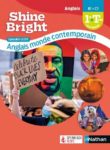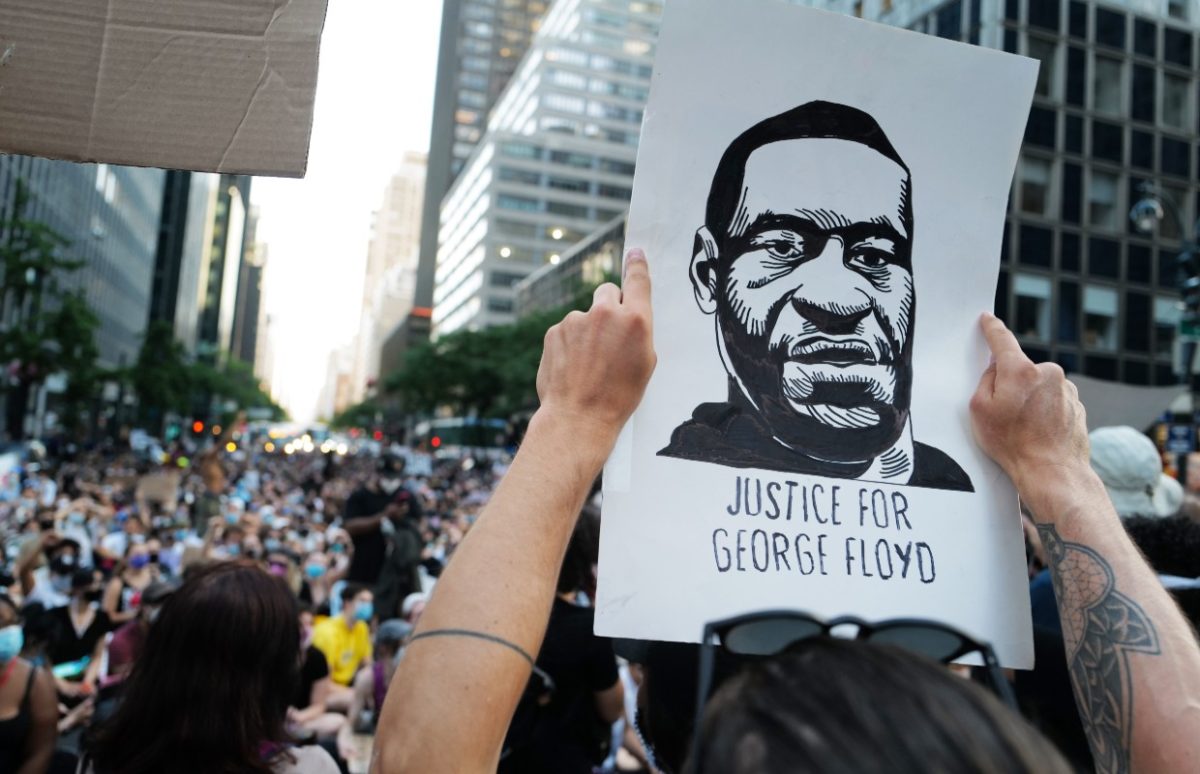The death of George Floyd during an arrest in Minneapolis on 25 May 2020 sparked last summer’s wave of Black Lives Matter protests. The trial of the police officer who knelt on Floyd’s neck opened on 29 March in Minnesota.
Police were called after George Floyd bought a packet of cigarettes in a convenience story. The shop assistant believed the $20 note Floyd used to pay was counterfeit, and asked him to return the cigarettes. When Floyd refused, the police were called.
Four officers struggled to get the 1m90 suspect into a police car. He told them he was claustrophobic.
Video footage of officer Derek Chauvin kneeling on Floyd for over eight minutes, while Floyd said 27 times that he couldn’t breathe, is central to the case. A video was taken by a teenage passerby and Chauvin’s fellow officers were wearing body cameras. (Chauvin’s camera fell during the altercation.)
Chauvin and his three fellow officers have all been fired by Minneapolis Police Department. The other three will be tried separately for aiding and abetting.
Chauvin is charged with three separate counts, with prosecutors hoping they can obtain a conviction in the most serious, second-degree murder. If there isn’t judged to be enough evidence for that, two slightly lower charges of third-degree murder or second-degree manslaughter could be upheld.
On the opening day of the trial, Prosecutor Jerry Blackwell told the jury that the arresting officers used "excessive and unreasonable force" to detain George Floyd.
Derek Chauvin’s defence is expected to argue that the 46-year-old died of a drugs overdose, after swallowing drugs to avoid the police finding them.
Trial by Jury
The trial was preceded by several days of jury selection. The final jury included six people of colour and nine white people. Jurors can be rejected by either the prosecution or the defence, if they are considered to be biased in any way or know the suspect personally, for example. In this case, the defence asked to exclude a black prospective juror who said he had experienced racism and was critical of the Minneapolis Police Department. The judge also excluded two chosen jurors and three prospective ones after the city of Minneapolis agreed to pay the Floyd family $27 million in a lawsuit over George Floyd’s death. The five said they had been influenced by this settlement.
The civil-rights case brought by the Floyd family alleged the officers violated Floyd’s rights when they restrained him, and that the city allowed a culture of excessive force, racism and impunity to flourish in its police force.
The city clearly wanted to expedite the case, and to be seen doing the right thing towards the family. But the timing of the settlement, just before the case began could potentially effect jurors, whether that be to consider that if the city lost the civil case, Derek Chauvin must be guilty, or that justice has already been done towards the victim, or at least his family.
Police Shooting Convictions
It is extremely rare for police officers in the U.S.A. to be convicted for deaths caused while they were on duty. There are about 1,000 fatal shootings per year by police officers, and only about 2% result in charges, and far fewer in convictions.
One reason for this lies in the prosecutor system. In each district and state, the public prosecutor (who can have one of several titles) has responsibility deciding to prosecute someone, and the charges they will face. They are dependent on the police force to gather evidence for them, which can lead to a conflict of interests in cases where the person charged is an officer. And almost all prosecutors are elected officials, meaning they tend not to want to decide on prosecutions that might be unpopular with the electorate.
The trial continues, and is expected to last between two and four weeks.
 You can find more on racial equality in
You can find more on racial equality inShine
 Bright LLCER cycle terminal File 12 Equality on trial and
Bright LLCER cycle terminal File 12 Equality on trial andmore on the prosecutor system and the need for reform in the U.S. justice system in
Shine Bright AMC File 15 Justice for all?
Copyright(s) :
CHOONGKY/Shutterstock
> His Life Mattered
> Goodbye RBG
> Supreme Court Confirmation Rushed Through
> Winning Justice
> Police Officer Convicted of Murdering George Floyd
> Black Lives Matter : Travail collaboratif et éducation aux médias autour d’un sujet d’actualité
Tag(s) : "Black Lives Matter" "BLM" "George Floyd" "Shine Bright AMC" "Shine bright LLCER" "U.S. justice system"






